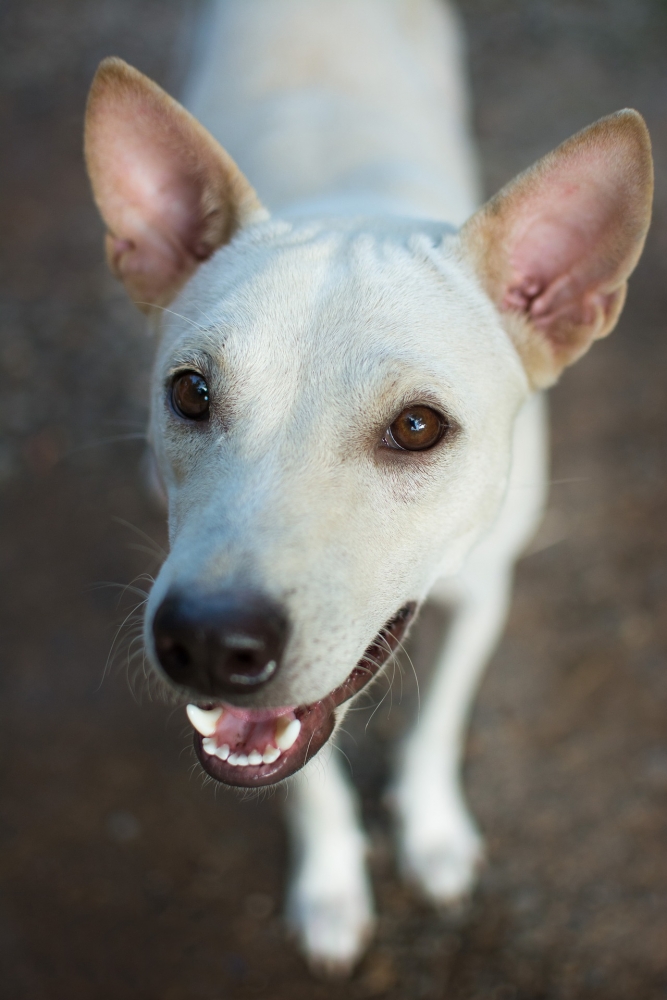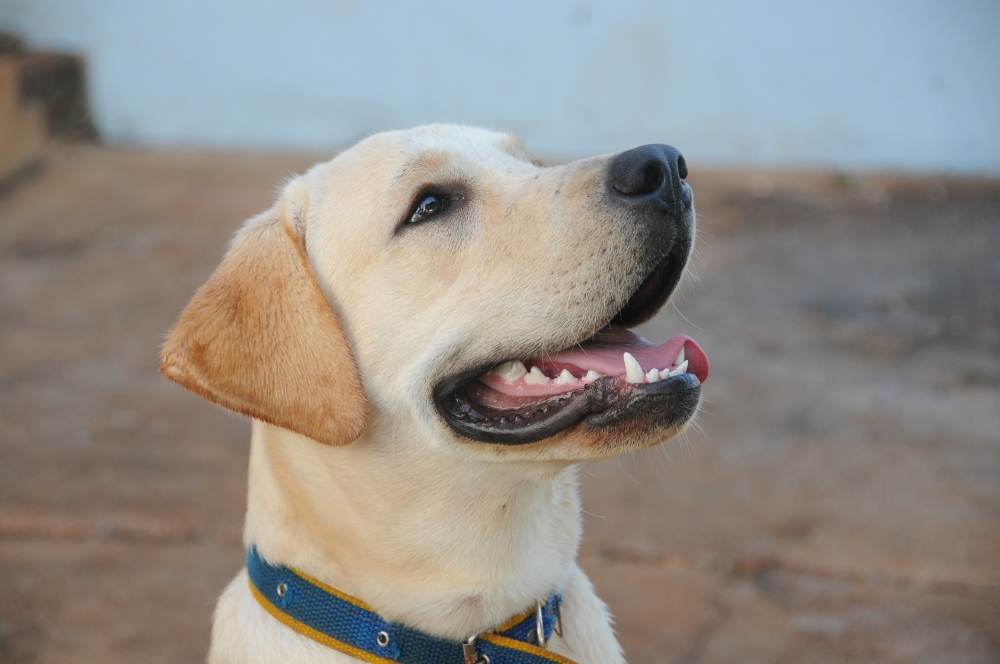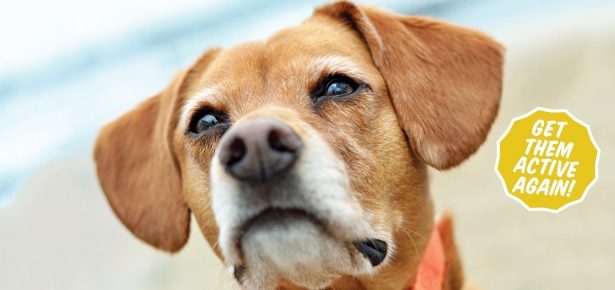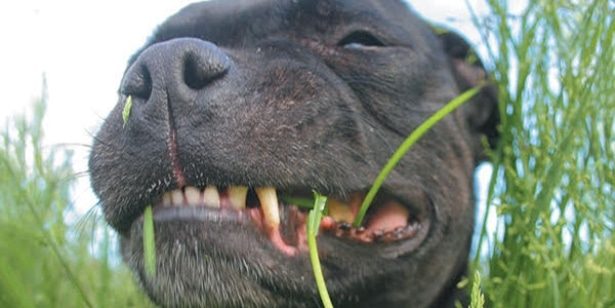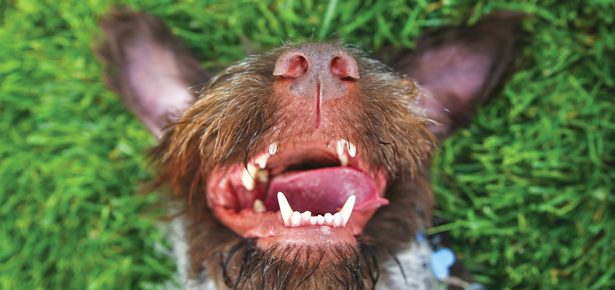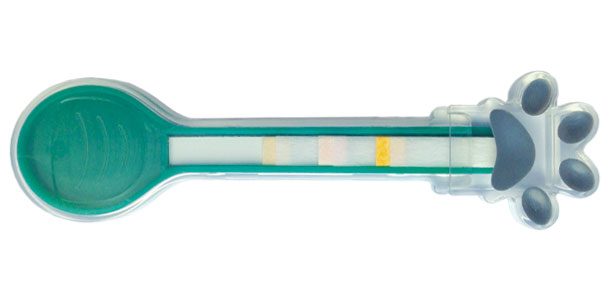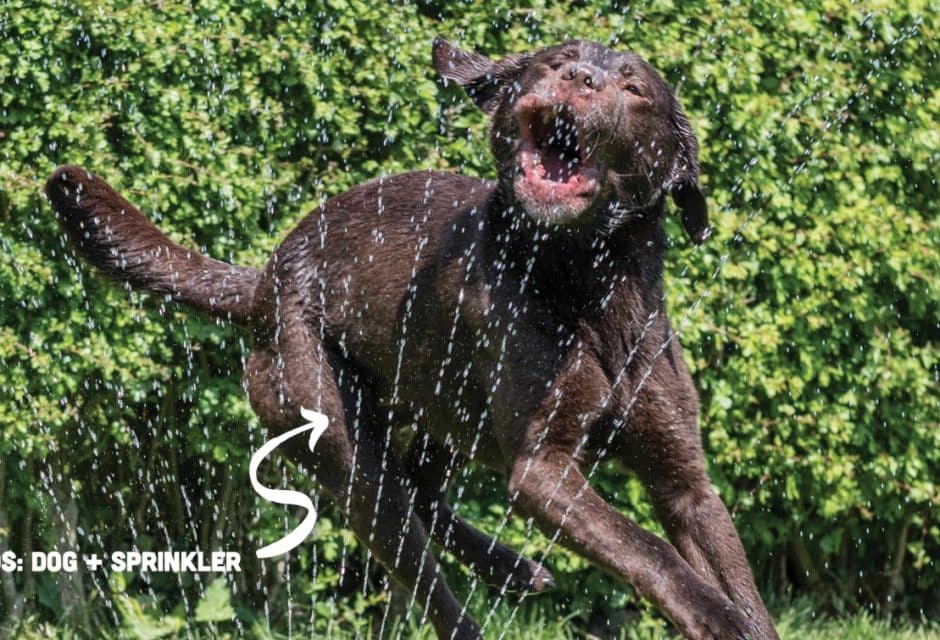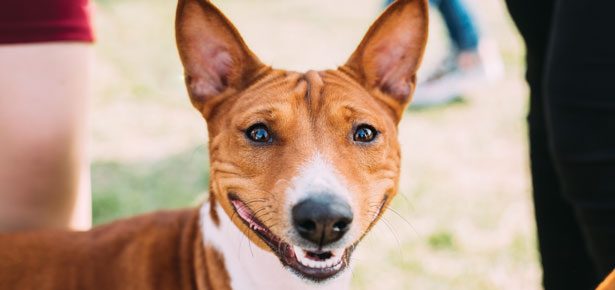
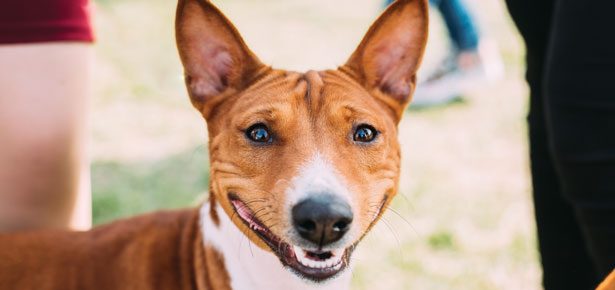
Does your Dog Need a Dental?
Dental care for your dog
You wouldn’t wait years for a dental exam and teeth cleaning, and neither should your dog. Because the concept of regular dental checkups is relatively new, many of us don’t understand that our pup’s oral health problems are the same as ours. They too can suffer from gum disease and tooth loss, and, if left unchecked, it can lead to more serious problems such as organ damage, heart disease, and other health issues. You may think to yourself, but wild dogs don’t brush their teeth and visit the dentist! While that’s true, the life expectancy of a wild dog is around 5 years, while many pet dogs live twice that long, if not longer. And the teeth of those wild dogs? Likely gnarly!
Like us, dogs have similar symptoms of oral disease, but unlike us, they don’t want to let on that it’s a problem. Animal instincts trump discomfort and they are hard-wired to never show signs of weakness. Your dog’s mouth could have bleeding gums and fractured teeth and you might never know—until you take him to the veterinarian.
According to the American Veterinary Dental Association, more than 80 percent of dogs and cats older than three years have some form of periodontal disease, so it’s important to stay on top of your dog’s dental health.
Signs that Your Dog Needs Dental Care
You should regularly look at your dog’s teeth.
Take a look at your dog’s upper lip and examine her gums: a rich red or purplish black colour indicates poor dental hygiene. If you notice an abscess in your dog’s gums or see a discoloration or swelling of the mouth and gum line, book a full dental examination with your vet.
Signs of pain caused by a dental issue include:
- Reluctance to eat or chew
- Whining when eating
- Problems eating, loss of appetite
- Panting even when cool
- Pacing the room
- Drooling (excessive or more than usual)
- Pawing at the mouth
Bad breath or halitosis is usually a result of bacteria living in infected gum and dental tissue in your dog’s mouth. A buildup of bacteria and plaque on their teeth can smell like rotten fish. Halitosis can indicate a rotting or broken tooth, gum disease or food particles stuck in your dog’s mouth.
Inflamed gums are usually caused by gingivitis, a gum disease that dogs are five times more likely to get than humans. Gingivitis can be extremely painful when your dog eats and swallows.
Lumps or growths can be oral cancer. Your veterinarian will recommend a biopsy if any questionable lumps are seen in order to determine if the growth is cancerous.
Some problems, like bad breath, are obvious to detect. It is easy, however, to miss the types of problem and signs that a trained and experienced veterinarian will pick up on. Schedule an appointment for a dental exam and cleaning sooner than later—early prevention is key. It’s significantly easier to address and resolve dental issues that are spotted early, compared to dental issues that go unnoticed and are allowed to further develop, and the importance of annual exams cannot be underestimated. To keep your dog healthy and happy, dental care is something you should trust to your veterinarian. And your vet can discuss a home dental program and show you how to clean your dog’s teeth.

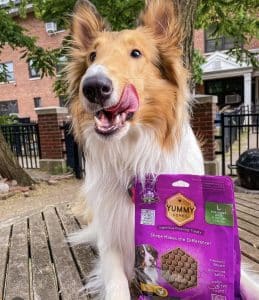
Join the newsletter and never miss out on dog content again!
"*" indicates required fields
By clicking the arrow, you agree to our web Terms of Use and Privacy & Cookie Policy. Easy unsubscribe links are provided in every email.
